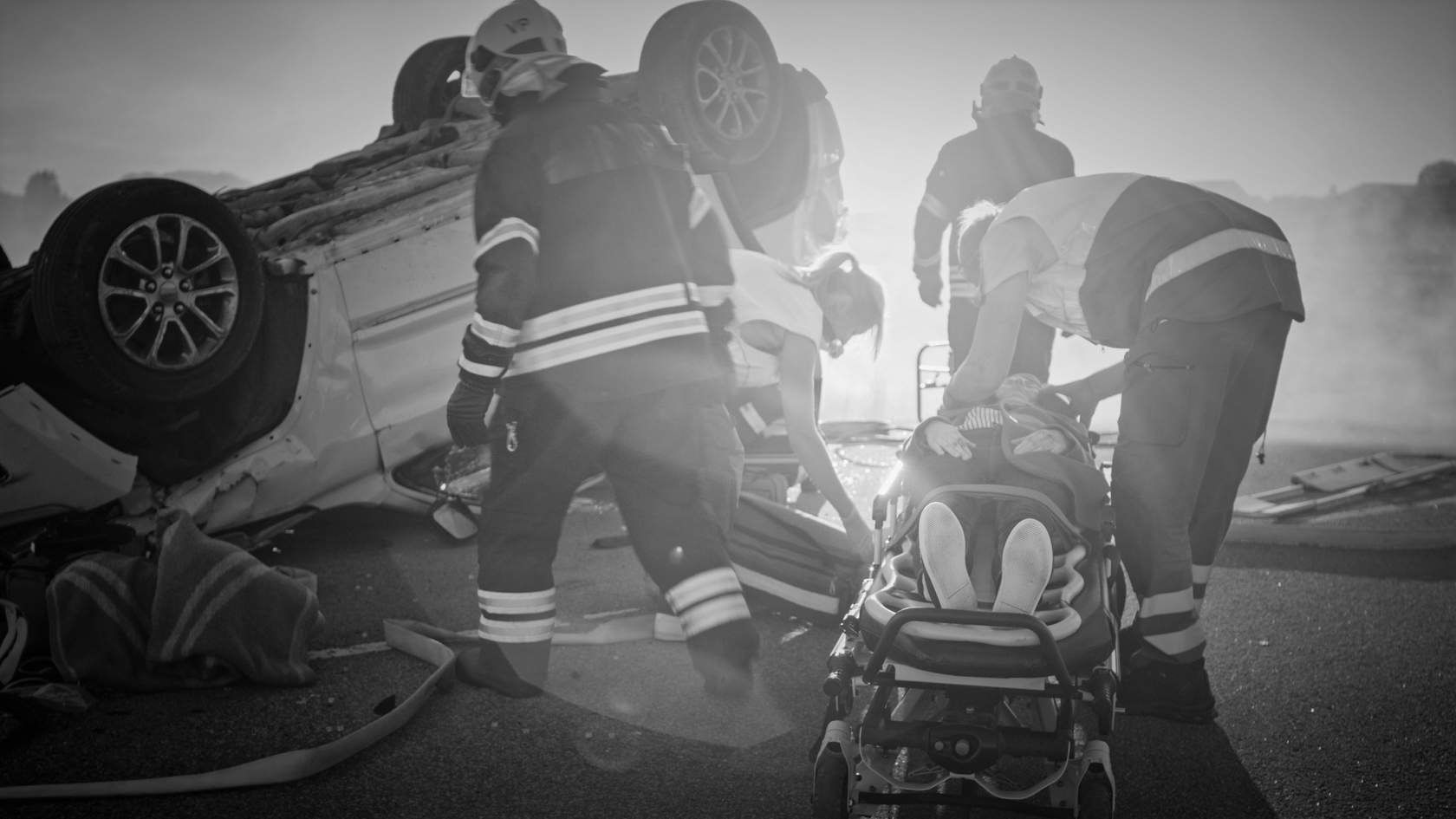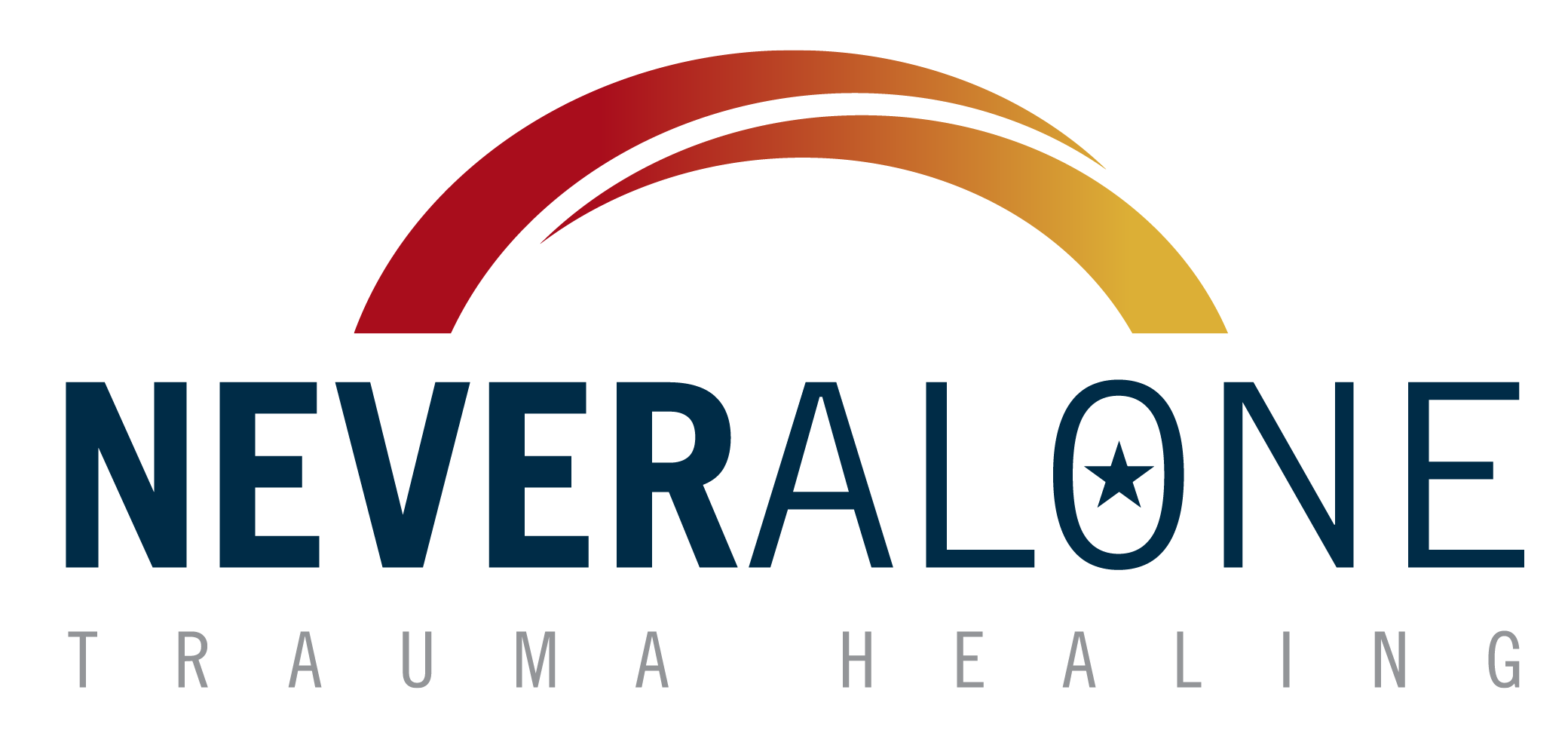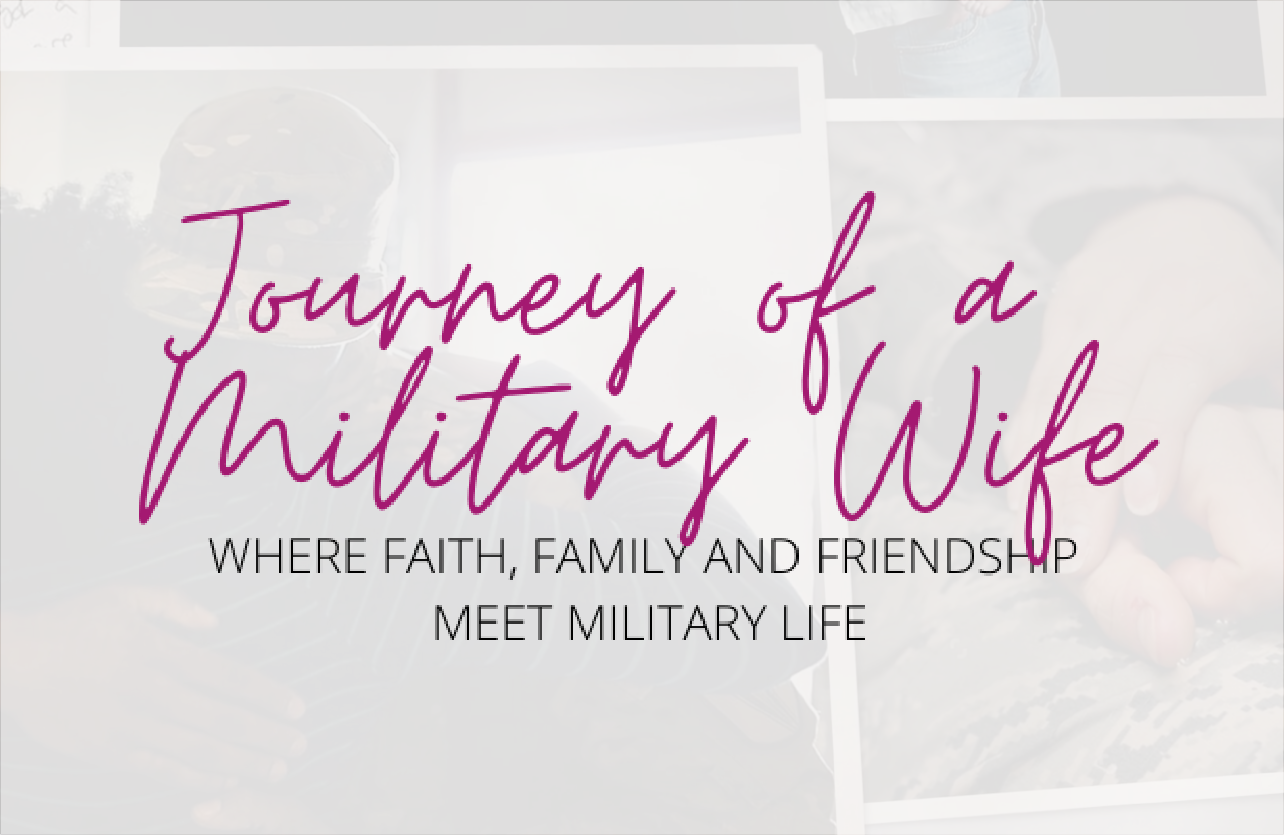Module 3: Grieving
About This Topic
Module Content
WHAT IS GRIEVING?
Grieving is a feeling of deep sorrow about the loss of someone or something. It is a natural, God-given process to help us recover from loss. Often, however, it feels anything but natural.
In this module, you will reflect on:
- What grieving is
- Healthy grieving
- When grieving is difficult
Begin by listening to the story in the video below.
STORIES OF GRIEF
All trauma involves loss. When you lose someone or something very important to you, you may even lose a sense of who you are. But, you are not alone in your grief. Many understand what you’re going through because they’ve been there themselves. Listen to the following stories and learn from their experiences.
Reflect & Respond
Journal Exercise #1
Consider some of the kinds of losses Captain Nelson and his family experienced and write some of those losses down. Maybe you don’t have a physical disability like Captain Nelson, but what have you lost? Did any of these losses change how you viewed yourself? Did they change how you viewed God?
If you have not yet downloaded and printed your Module 3 journal, you can download it now.
STAGES OF GRIEVING
How can we grieve in a way that brings healing? One way that we can do this is by understanding the different stages of grief.
THE GRIEF JOURNEY
Traveling through these three stages of grief creates a journey that is unique to each situation. It will take twists and turns and involve many different people. Listen to pieces of other stories in the video below.
THE FALSE BRIDGE
Christians sometimes try to take the false bridge. They try to move from the loss directly to new beginnings without allowing themselves to feel anger or hopelessness. Consider the following biblical examples that show that grieving is an appropriate response to loss.
BIBLICAL EXAMPLES

Facing the pain of loss takes courage. We are tempted to avoid it. But if we do not grieve a loss, the grief will stay in us and fester.
REFLECT & RESPOND
Sometimes the grief journey is delayed. Sometimes it is necessary to set aside losses to maintain focus. We just keep going because of the mission, our unit responsibilities, or because we are not safe to talk about the issue. When we are safe and able to reflect on this, we will need to take the grief journey.
Journal Exercise #2
Write about your own grief journey. What was your grief journey like? Did you loop back or get stuck along the way? Did you try to take the false bridge? Did you have to delay the journey?
If you have not yet downloaded and printed your Module 3 journal, you can download it now.
SOME TYPES OF LOSSES CAN BE HARDER TO ACCEPT
Sometimes, there are situations that can make grieving even more difficult. These situations can block the stages of grief. Flip the cards below to read examples, or click the play button to hear them read.

Click To Flip
There are many losses at the same time

Click To Flip
The loss is sudden or violent

Click To Flip
There is not a body to be buried

Click To Flip
You cannot participate in the grieving rituals

Click To Flip
You lost a trusted leader

Click To Flip
The bereaved have unresolved problems with the dead person

Click To Flip
Death comes too soon

Click To Flip
Your culture discourages a show of emotion or tears
TEARS ARE NOT A SIGN OF WEAKNESS
As servicemen and women, we are often sucked into the false belief that tears are a sign of weakness. Let’s see what the Bible says about weeping.
JOB’S STORY
Job was a wealthy man with a large family. In an instant, he lost everything: his children, his cattle, his wealth, his health. When three of Job’s friends heard what happened to him, they got together and went to comfort him (Job 2:11).
They sat in silence with him for a week before speaking. When Job broke the silence and expressed his pain, his friends were quick to point out his lack of faith (Job 4:3–6). They said his suffering was due to his sins and the sins of his children (Job 4:7–8).
Although Job claimed he had not sinned, they were sure that if he were innocent, God would not have let this happen (Job 8:6–8; 11:2–4; 22:21–30). They accused him over and over to try to get him to confess.
Finally, Job said, “Miserable comforters are you all!” (Job 16:2, NIV). Rather than comforting Job, they increased his pain.
Using Job’s story as an example, sort the following items into two categories: Items that were helpful to Job in his grief, and items that were not helpful.
Drag and drop the top tiles into one of the two categories at the bottom.
Retry?
A friend who prays with and for you
Someone who gives you hope
Someone who assumes they understand your situation
Someone who is present with you
Talking to someone about how you feel
A friend who rushes you to move on
Someone who listens more than speaks
Someone who pushes you toward healing
Helpful
Not Helpful
Reflect & Respond
Journal Exercise #3
What loss that you have experienced feels the most significant to you right now? At this moment, what stage of grief do you think you are in? What is one thing you would like to do to face this stage? Reflect on the hope that is found in Christ. All sorrow will be removed in the new heaven and earth and all will be made right.
If you have not yet downloaded and printed your Module 3 journal, you can download it now.
DEATH AND LOSS CAME INTO THE WORLD
Because of this, we all suffer and grieve. But as Christians, we have hope because we know in heaven there will be no more pain, suffering, grieving, or mourning. Read the following verses that remind us of this hope.

WHAT’S NEXT
Grief helps us acknowledge, experience, and eventually accept the unfairness of this world while trusting in our Sustainer. And while grief may be postponed, it cannot be ignored indefinitely. Pain demands attention.
If you are on a journey toward new beginnings, you will want to continue with the next module in this series, “Bringing Pain to the Cross.”
Next Module
Share This Module
Resources & Info
We hope you find these resources helpful.
Sign up now to save your progress and mark module content to easily revisit it again.
Your download is being prepared.
-
Module 3: Grieving | Never Alone Program Journal
Download and print this tool to record reflections, key insights, and ideas as you progress through this module. -
For immediate crisis assistance, reach out to these organizations.
Additional Resources
Explore our other resources available for Service members and spouses to deepen your spiritual walk and Bible engagement. All of our comprehensive programs and materials specifically address the unique challenges those serving our nation face.


